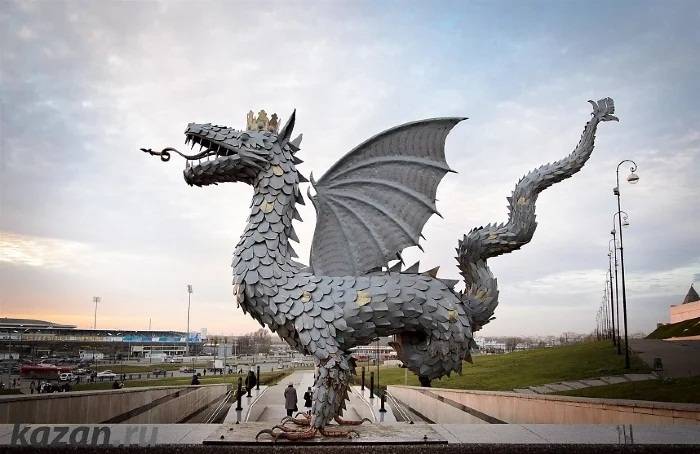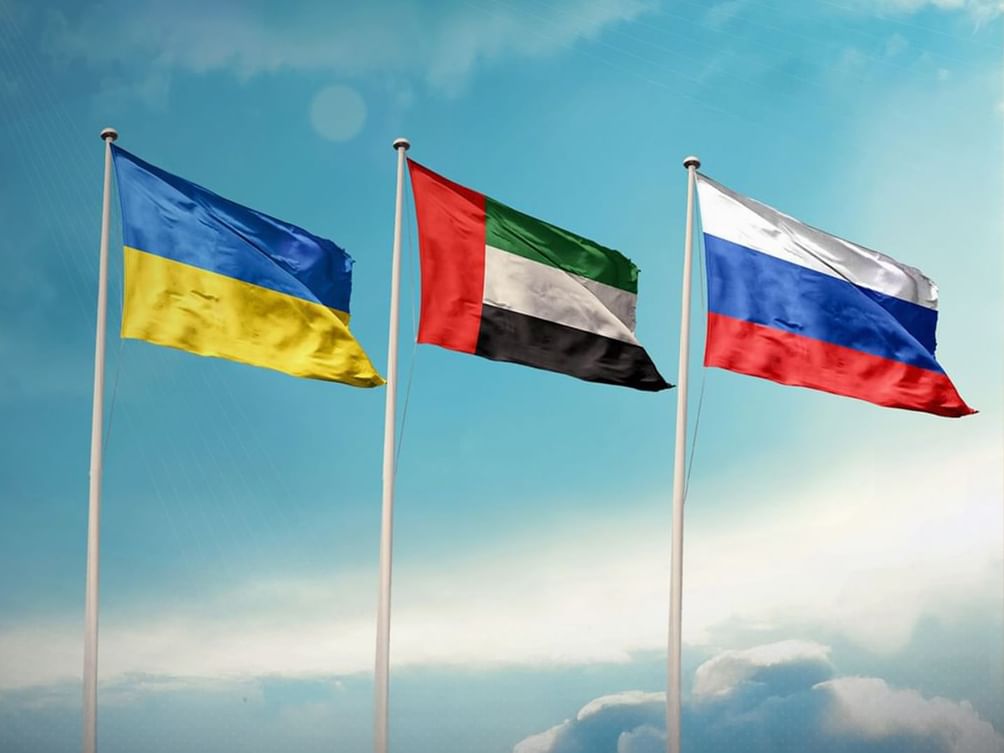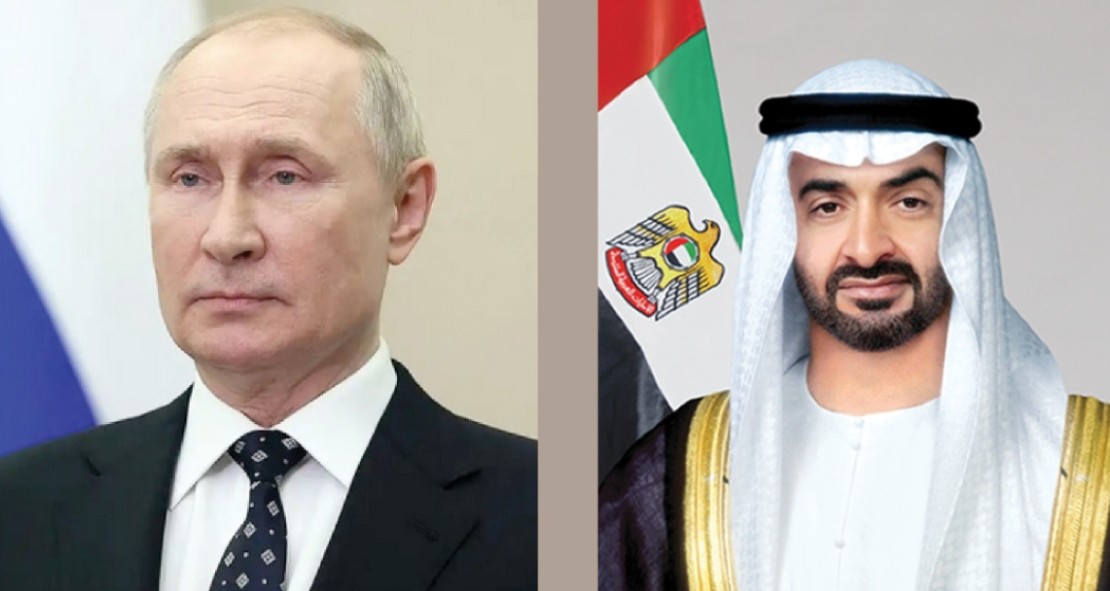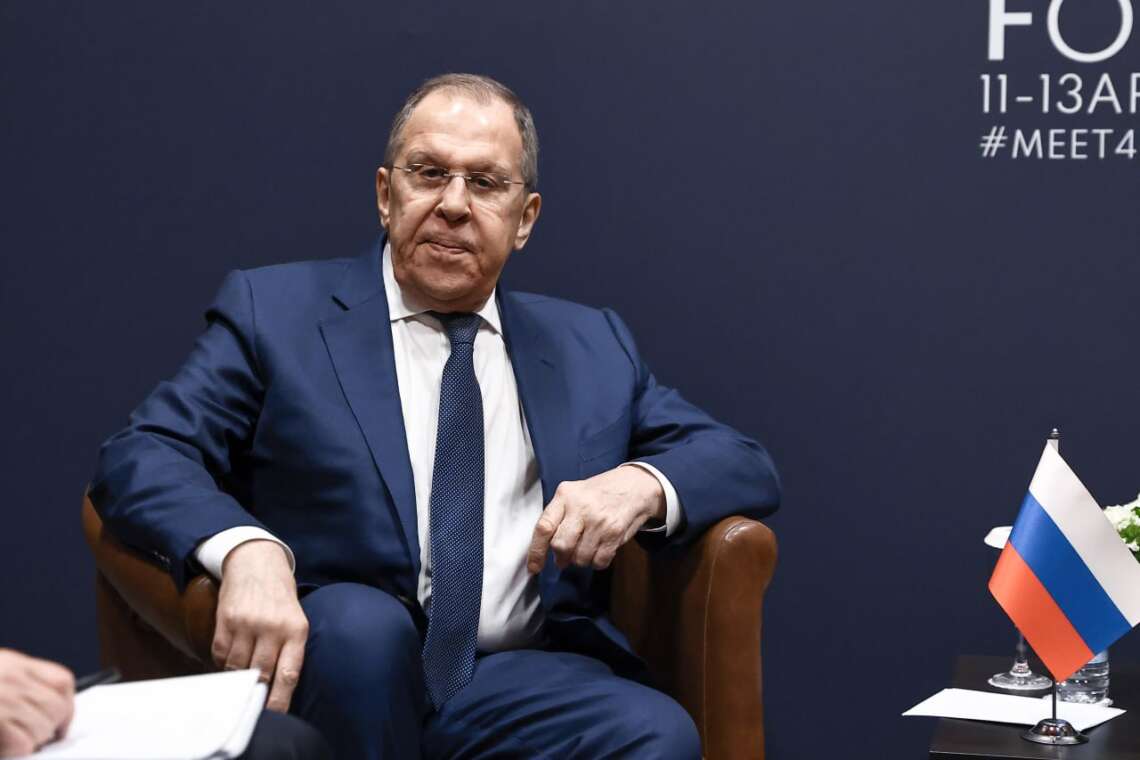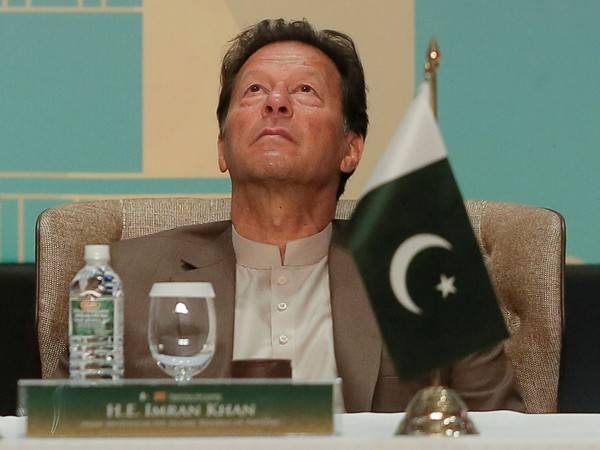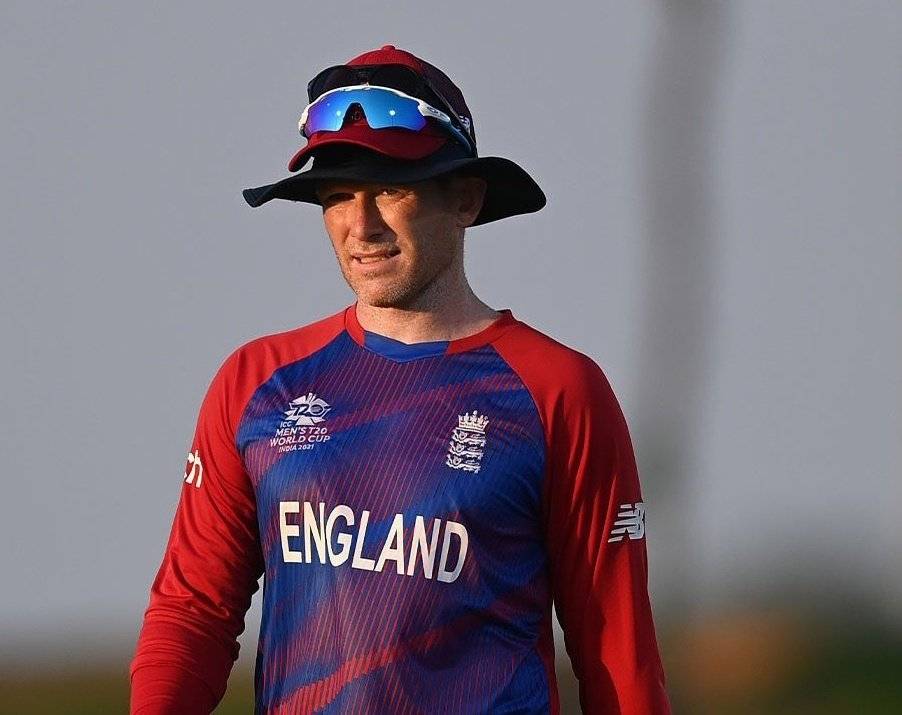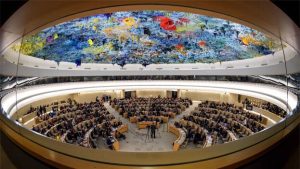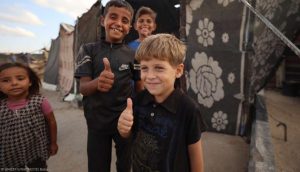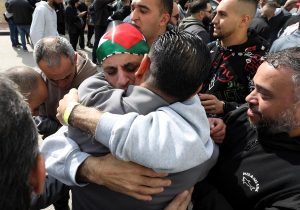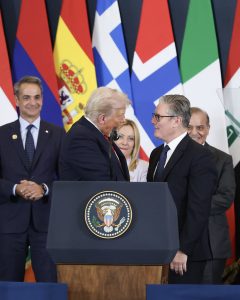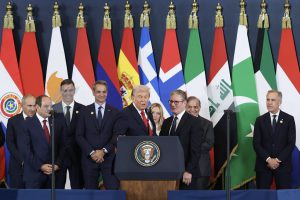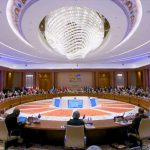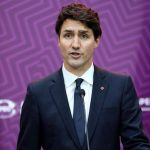Experiencing the cultural heritage, the servicemen visited the Kazan Kremlin, saw the cathedral Juma mosque Kul-Sharif and ‘Annunciation Cathedral’, the 16th century masterpiece of Russian architecture. …writes Ateet Sharma
Led by Russia, it is not just the military games that the security forces of the member states of the Collective Security Treaty Organisation (CSTO) are bonding over regularly these days. Besides promoting the heritage of a joint military culture, Moscow is also busy reviving the deep cultural connection with Central Asia and countries in the Caucasus region, once part of the Soviet Union.
Holding of ‘Indestructible Brotherhood 2021’ – the latest joint exercise of the Collective Peacekeeping Forces which began in the Russian city of Kazan from today – serves the double purpose of being battle ready in a changing geopolitical scenario and also make the participating contingents aware of the region’s centuries-old history.
On Sunday, just a day before the start of the large-scale military drills at the training ground of the Kazan Higher Tank Command School, the servicemen of Armenia, Belarus, Kazakhstan, Kyrgyzstan, Russia and Tajikistan were taken on a guided tour of the Tatarstan capital, an ancient city with a long history, located on the left bank of the Volga River.
Experiencing the cultural heritage, the servicemen visited the Kazan Kremlin, saw the cathedral Juma mosque Kul-Sharif and ‘Annunciation Cathedral’, the 16th century masterpiece of Russian architecture.
They also visited the monument to the famous Tatar poet Musa Jalil, the tower of the ruler of the Kazan Khanate (1549-1551) Syuyumbike and the Taynitskaya tower.
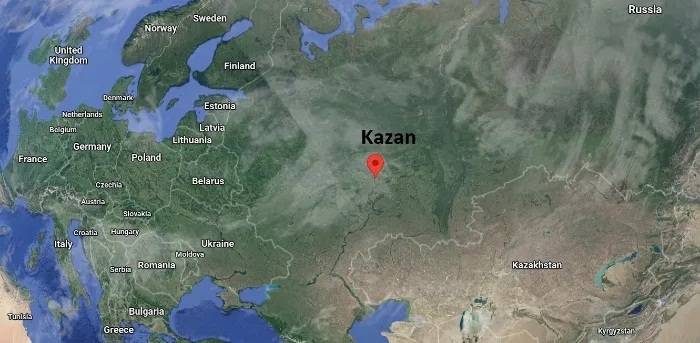
Why is Kazan so special?
On the list of UNESCO World Heritage cities, Kazan, Russia’s fifth-largest city, has always been drenched with culture and history. A significant economic and cultural center of Russia, it is also a meeting place between Europe and Asia, Orthodoxy and Islam.
It is believed that about 1.2 million people – representatives of over 100 nationalities – live in Kazan in the atmosphere of cultural, religious and linguistic diversity.
There are 136 places of worship in the city, including 70 mosques, 45 Orthodox churches, five Old Believer places of worship, 13 churches of other Christian denominations, 1 synagogue besides houses of worship of Bahai and an Iskcon temple.
“Kazan is one of the brightest examples of how people of different nationalities and religions live in one city peacefully, in an atmosphere of friendliness and tolerance. Ethnic and religious diversity in the capital of Tatarstan has been preserved for more than one century,” says the local government of the city.
At the same time, it is also regarded as one of Russia’s most modern cities, a bustling hub having witnessed a convergence of the different eras that have shaped it throughout time.
In April 2009, the Russian Patent Office granted Kazan the right to brand itself as the ‘Third Capital’ of Russia and also as the ‘sports capital’ of the country.

